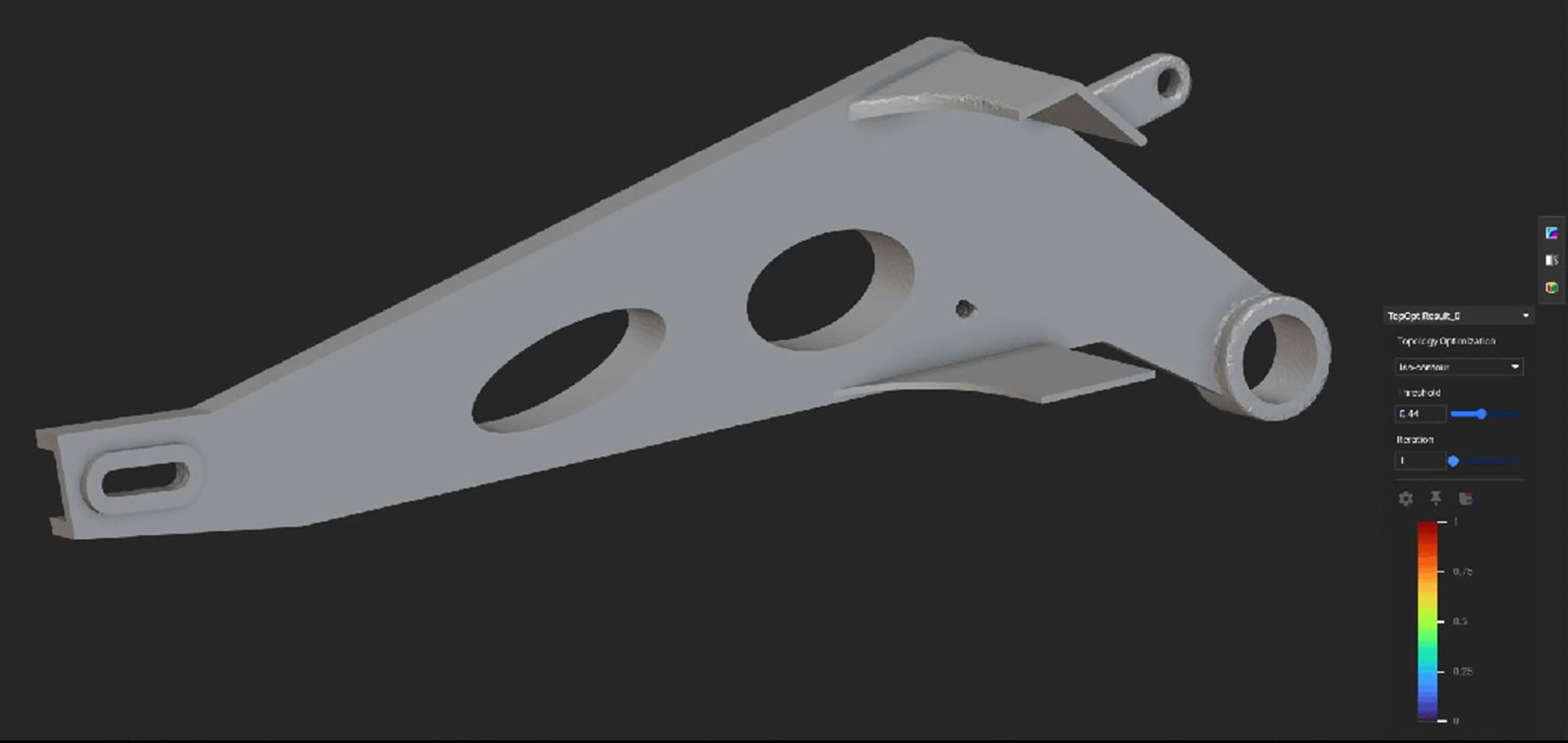The European Union has outlined ambitious goals to be carbon neutral by 2050 while, at the same time, boosting European competitiveness and productivity. Today, we’re publishing a policy roadmap — The AI Opportunity for Europe’s Climate Goals — that explores how AI can help the EU meet these twin goals.
Studies show that AI could help mitigate 5–10% of global greenhouse gas (GHG) emissions by 2030 — the equivalent to the total annual emissions of the European Union — and that GenAI technology alone could add €1.2 trillion to Europe’s economy in ten years. For an example of how these benefits could manifest more specifically: through effective AI adoption, European industry could increase efficiency and reduce energy usage in large buildings by 20-40%.
To realize this opportunity, we are recommending a three-pronged approach that EU policymakers can take to enable, deploy, and guide the sustainable development and implementation of AI technologies across various sectors:
- Enable – AI solutions require fundamental infrastructure to be effective. Policymakers can lay foundations that will enable AI solutions to advance their climate goals by making high-quality data available to train and maintain models, investing in technological infrastructure, and cultivating talent.
- Deploy – Public and private partnership is key to successful implementation of AI solutions. By working together, AI could be used for cross-sector collaborations to do things like measure progress towards shared environmental goals, manage natural disaster preparedness and response, or create roadmaps for countries across the EU to adopt AI solutions in energy, industry, transport, and agriculture.
- Guide – Policymakers can play a key role in guiding and enabling both AI and the infrastructure behind it in order to realize the technologies benefits, while also mitigating potential risks. For example, leaders can help set policies that enable data center decarbonisation, energy market reform and AI transparency.
AI can be a vital tool for European decarbonisation, competitiveness, resilience and security. The path forward is clear: better data access, infrastructure, skills development, and responsible AI deployment can help maximize the technology’s benefits for Europe.
Read more about these recommendations in the full report.
Blog Article: Here




